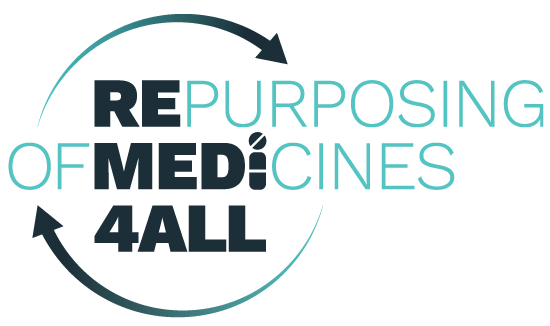
In this series, we talk to early career researchers from REMEDi4ALL institutions to find out more about their interests, projects and how they see the future of drug repurposing. In this edition, we interviewed Kristen Nader, a PhD student at the Institute of Molecular Medicine at the University of Helsinki, Finland. First, we asked her a little bit about her background.
Tell us a bit about yourself.
I’m a PhD student at the University of Helsinki’s Institute of Molecular Medicine Finland, where I work under the guidance of Tero Aittokallio and Esa Pitkänen. I received my MSc in Bioinformatics at KU Leuven in Belgium, where I discovered my interest in translational medicine. Outside of work, I spend my time reading (currently The Silk Roads: A new history of the world by Peter Frankopan), swimming, shopping, and hanging out with friends.
What’s your big research question?
My primary research focus is to understand the mechanisms underlying tumour heterogeneity (differences between the patients with the same cancer type and differences between cells within a tumour) using computational tools and emerging research technologies.
What sparked your interest in pursuing research in this field?
My interest with machine learning began during my undergraduate studies, where I was introduced to the field through a course on data mining (using computational tools to collect and analyze data from large datasets). This course opened my eyes to the potential of data to extract profound insights and drive decision-making across various domains. There is a wealth of data within each person that dictates their unique biological processes. This interplay between data, information and human biology inspires my focus on machine learning and its applications in healthcare.
What is one thing that you have achieved during your project that you are proud of?
One of my proudest achievements during my PhD is the finalisation of our paper, a new framework for predicting drug combinations, called scTherapy. This innovative, multidisciplinary approach integrates single-cell technology (investigating the expression of different genes in individual cells), translational science, public data and machine learning to address the complex issue of predicting drug-dose combinations for cancer treatment. Witnessing our computational predictions being validated in the lab and knowing that our research has the potential to improve patient outcomes is incredibly rewarding. I am proud of what we’ve accomplished together, and I’m excited to see the impact our ongoing efforts will have on the future of translational medicine.
What is one obstacle you have faced in your project so far (and how did you overcome it)
One challenge I’ve faced, and I’m sure many other researchers have too, is communicating with people from different backgrounds. While there is no easy fix, consistent effort, patience and a shared commitment to good science really helps to bridge these communication gaps.
Where do you see your field in 5-10 years’ time?
With the rapid pace of technological innovation and interdisciplinary collaboration, I see exciting advancements in the landscape of single-cell technology, translational science, and machine learning.
I’m particularly excited about the potential of spatial transcriptomics at a single-cell level, which could lead to groundbreaking research on cell-cell communication and tumour microenvironments and enable prediction of more accurate, repurposed or novel treatment options.

Where do you see yourself after you finish your PhD?
After completing my PhD, I see myself pursuing a career path that allows me to continue contributing to scientific discovery and innovation at the intersection of single-cell technology, translational science, and machine learning.
I would like to pursue postdoctoral research opportunities to further deepen my knowledge and expertise in my field. Ultimately, my goal is to make meaningful contributions to the field of biomedical research and healthcare, with the aim of improving patient outcomes and addressing unmet medical needs.
What is one superpower you wish that you had as a researcher and why?
I would go for the ability to instantly acquire, comprehend and retain any piece of information from any source. This would allow me to quickly understand the latest developments, historical context and relevance in any field and apply it to current research. This would be particularly helpful in taking an interdisciplinary approach to research.
If you weren’t a researcher, what career path might you have chosen?
I’ve always enjoyed creating scientific images and visual representations of science, so I would likely have pursued a career as an illustrator. The process of using art to communicate ideas creatively has always been very important to me.
If you would like to find out more about the work of Kristen and her research group, click here. Moreover, if you want to know more about our REMEDi4ALL partners including the Institute for Molecular Medicine Finland at the University of Helsinki, follow this link.




